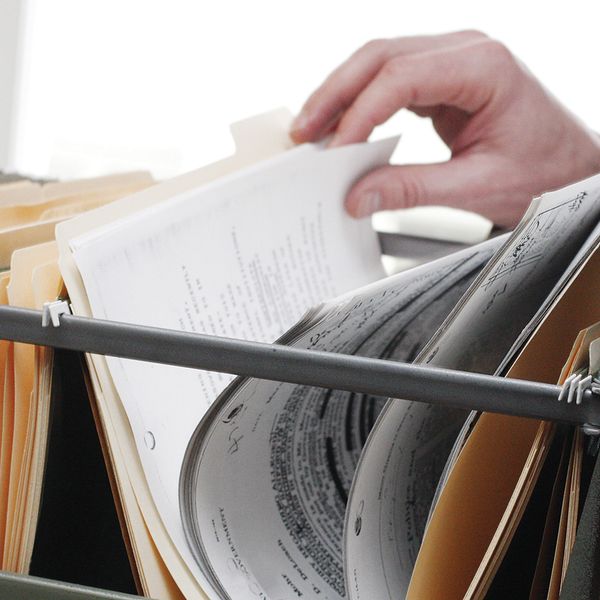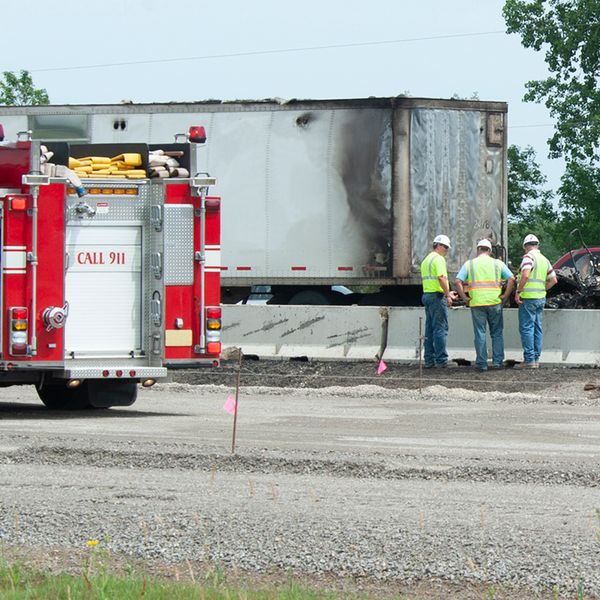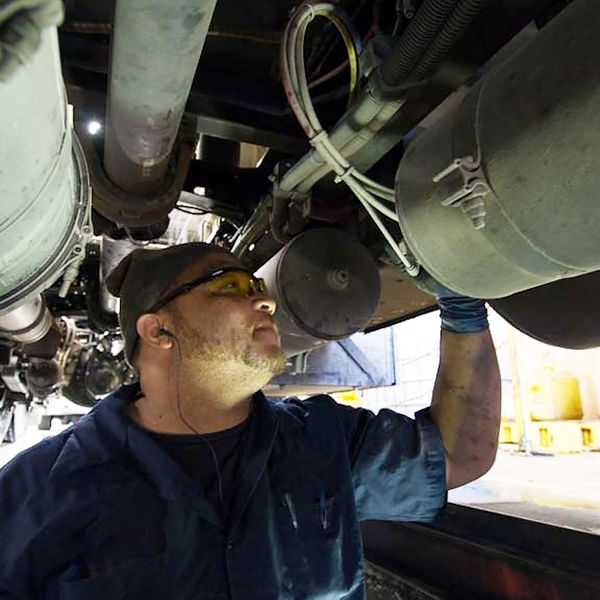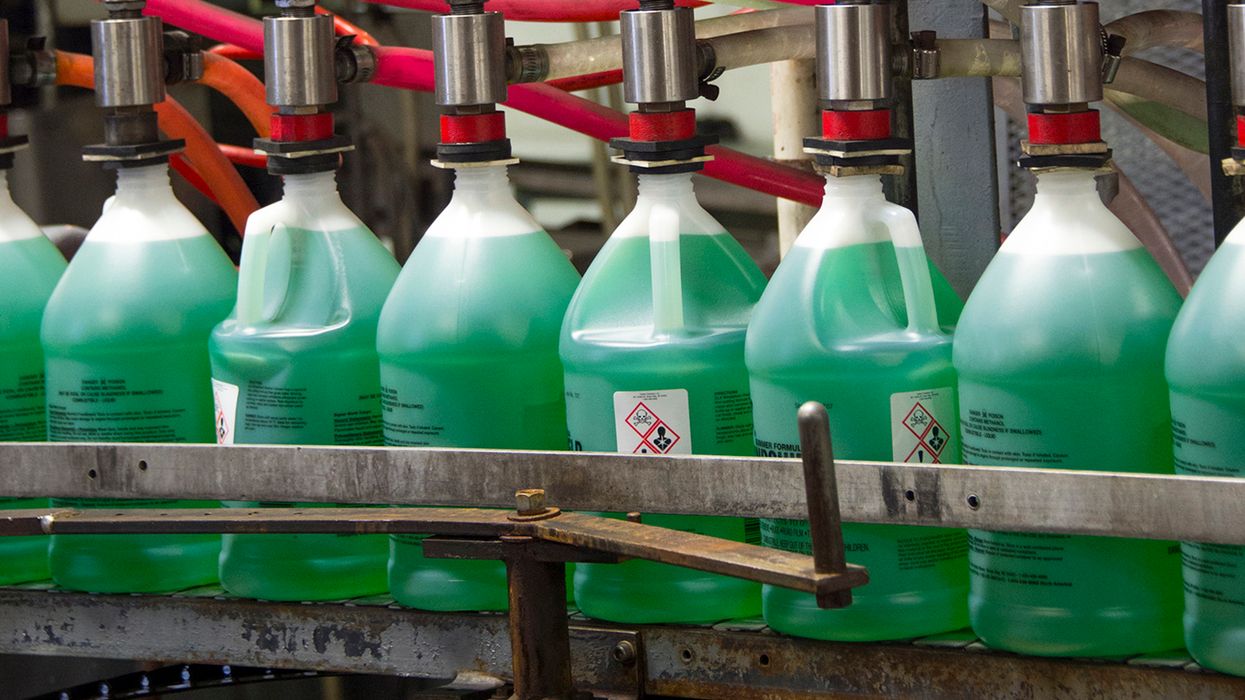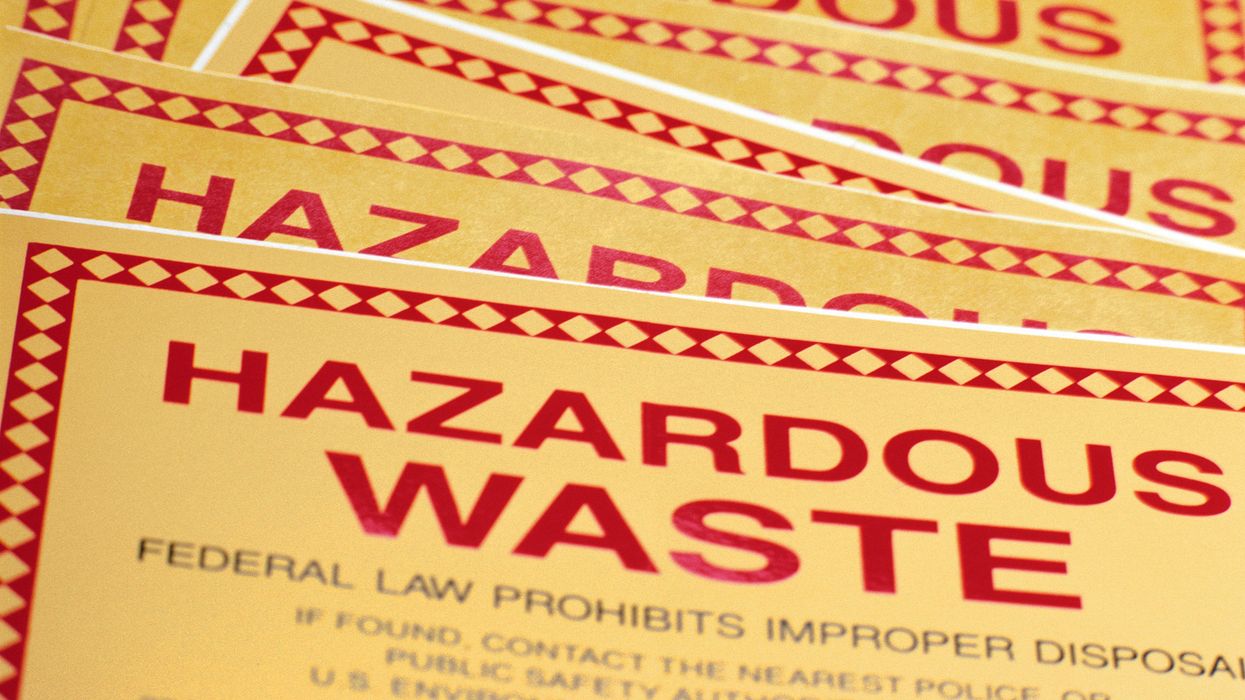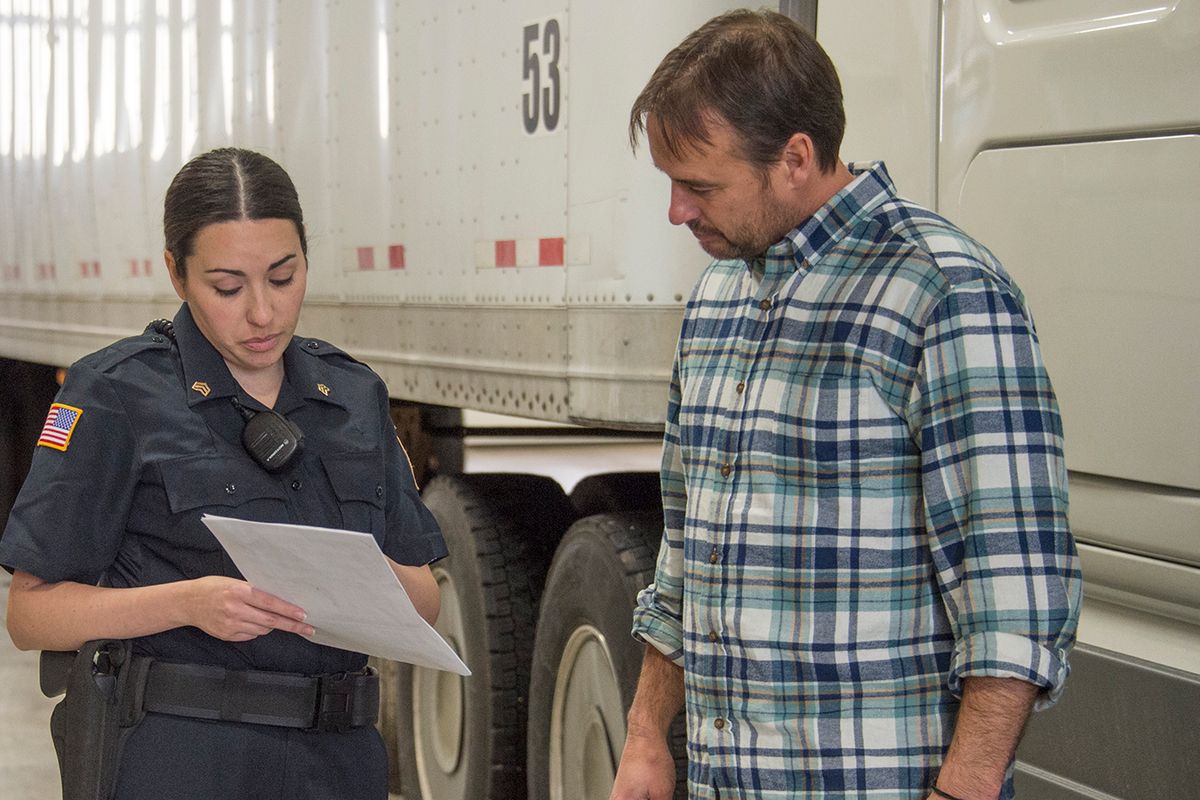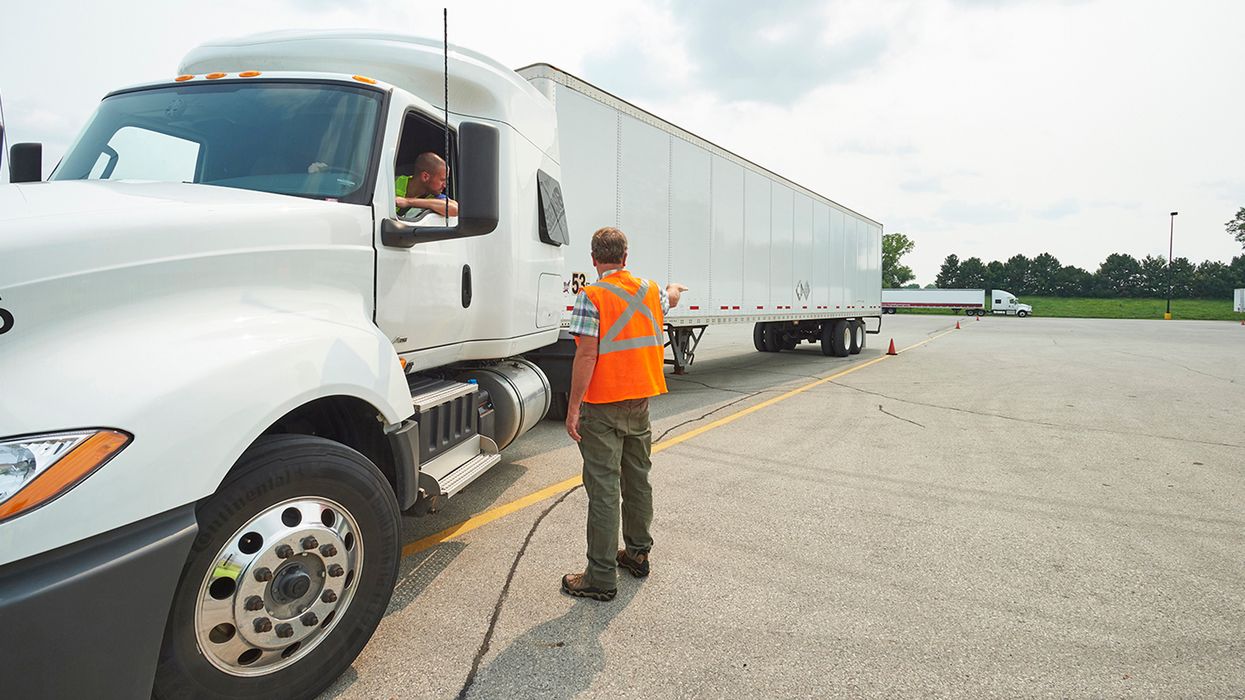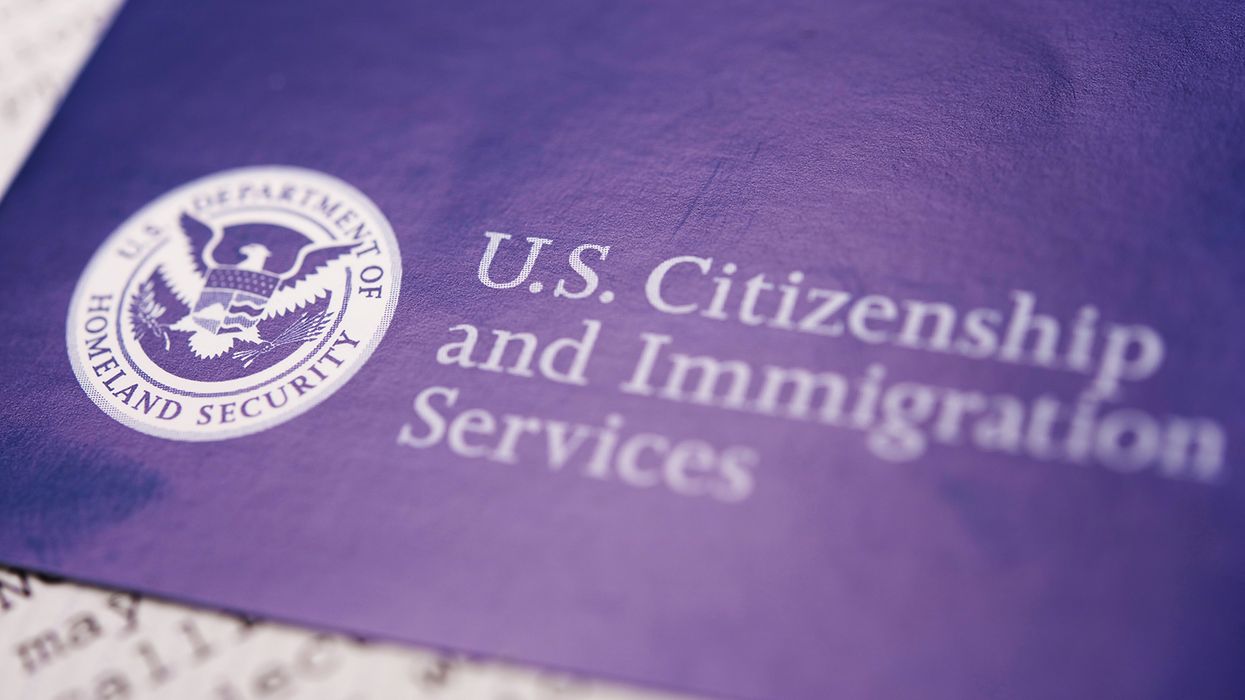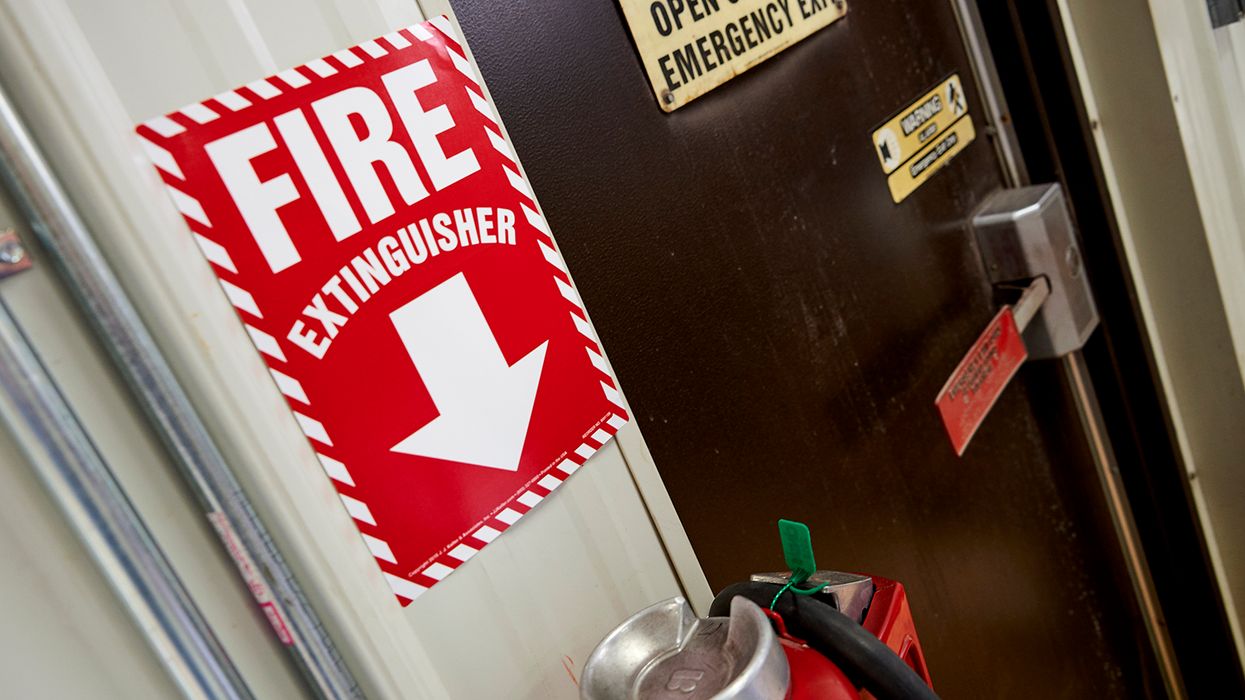Are you maintaining your 'Part 379' records?
The FMCSA is considering changes to decades-old, rarely-cited recordkeeping rules that some motor carriers may not even be aware of.
The rules are found in 49 CFR Part 379, Preservation of Records, and they require certain for-hire motor carriers and brokers to keep a variety of business-related documents. Through its proposed changes, the FMCSA seeks to “remove overlapping and burdensome requirements” found in Appendix A to Part 379.
Check your compliance
If the rules in Part 379 don’t sound familiar, you may want to review them now to make sure you’re in compliance.
Appendix A, in particular, lists the types of business records that must be maintained. The list is extensive, and it includes:
- Documents related to incorporation,
- Corporate meeting minutes,
- Contracts,
- Accounting and tax records,
- Property and equipment records (including engine changes and equipment number changes),
- Personnel and payroll records,
- Insurance and claims records,
- Freight bills and other freight records, and
- Records related to the transportation of household goods.
According to 379.7, the records may be stored using any method or technology that preserves the required information.
You decide
For many of these records, the rules say the company gets to decide how long to keep them based on “reasonable care,” any pending litigation, and any other federal, state, or local laws or regulations that might apply. The FMCSA is considering expanding the list of records that fall into that category, rather than specifying exactly how long to keep them.
If unsure how long to keep a business record listed in Part 379, consult with your attorney, insurance carrier, accountant, or other professional.
In the meantime, be on the lookout: the FMCSA is expected to proceed with changes to Part 379 sometime next year.
Connection to ELD rules
Appendix A gained attention in recent years thanks to the electronic logging device (ELD) rules. Those rules say drivers don’t need to use an ELD if operating a pre-2000 engine. Though such drivers don’t need any documents proving they’re eligible for that exemption, their employers do — because of a requirement in Part 379. Appendix A says records of engine changes must be kept on file at the company’s principal place of business.
Key to remember: The FMCSA is considering changes to certain recordkeeping rules. Look through the list of records in Appendix A to Part 379 to make sure you’re in compliance.





